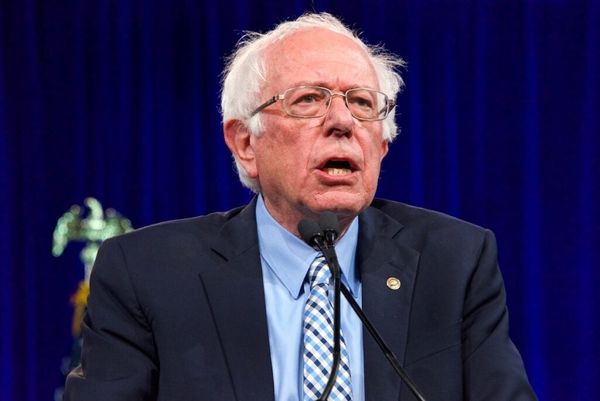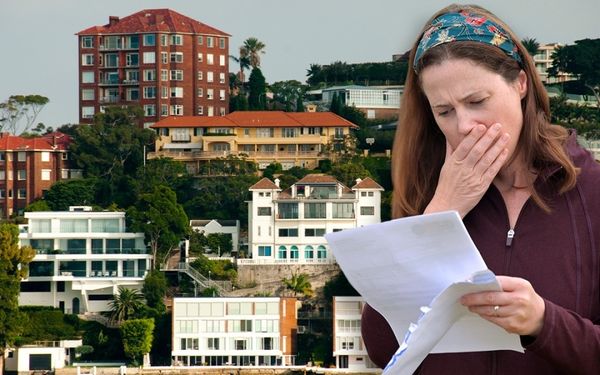Ned Murray is concerned about Miami’s housing affordability crisis, what he called “an extremely dire situation.” As one of the leading South Florida experts on the topic, Murray has been warning about this monumental threat for years. City and county elected leaders know well his economic development and housing market body of research.
As tough as it’s been to buy or rent in Miami during the past couple of years, the next few years look to be as difficult for many residents, he predicted. Most local services sector workers had their employment disrupted by COVID-19 and now can’t afford to live near where they work — a big impediment.
As the associate director of Florida International University’s Jorge M. Perez Metropolitan Center, Murray, who holds a doctorate in urban and regional planning, and his colleagues crunch the numbers quantifying Miami’s housing affordability crunch. And they assess and recommend how the city can improve the dismal housing prospects for many residents.
Murray spoke to the Miami Herald about what led to Miami’s housing crisis, possible steps to improve it and the need for innovation in affordable housing. The interview was edited and condensed for clarity and brevity.
Q: How did Miami end up in this housing affordability quagmire?
A: It’s not like we didn’t see it coming. Maybe not to this extent. We’ve been talking about affordable housing in South Florida for the past 17 years or so. We had a housing bubble back in 2005 and 2006 that exploded the market in terms of home prices and rents. With the Great Recession, a lot of those values went down.
They’ve really come back since 2012, as a lot of investors have put their money in real estate and see it as a safe investment. What we’ve seen since the pandemic began in 2020, has taken that to a whole new level with real estate investment and home prices reaching a level that is entirely unprecedented but with potentially dire consequences.
When we did the Miami-Dade County Housing Assessment in 2018 and the Affordable Housing Master Plan in 2019 for the city of Miami, we were already talking about an affordable housing crisis not only here, but throughout the country. It’s been a gradual thing and it’s getting to the point now where we haven’t done anything about it for the most part and are now knee deep in it.
(The 2019 city plan called for increasing Miami’s affordable housing stock from 20% to 25% by 2030. The plan urged specific affordability programs, a special fund to finance them and the development of an independent corporation to manage that fund.)
Q: What factors are worsening the housing crisis each month?
A: When it all started in the summer of 2020, a lot of it was investor-driven. There was a bull market by real estate investors buying up everything they could here and in other parts of the country. What we’ve seen since then is something I don’t think anyone saw coming, in that it would continue unabated since June 2020 and here we are in July 2022. We’re seeing month-to-month home price increases now that are basically unaffordable for anyone that lives and works in Miami.
The only difference now compared to six months ago is that the activity is slowing down, because the home supply has diminished. There is very little buying or selling because of the supply shortages and that has kept things where they’ve been for six months or so. Prices are very high and that will continue, until there is some relief in housing supply, which isn’t expected to happen because of land and construction costs.
Q: What are some steps to improve the dismal housing circumstances?
A: We don’t want to do anything like building more housing that would price out local buyers. That would only continue to increase the housing market appreciation. All efforts for affordable housing will be difficult for similar reasons. There is very little land available in Miami and what is available is expensive. We don’t have sufficient capital in affordable housing development. You have all of these issues running contrary to what needs to happen in the market for affordable housing.
We’re going to have to think outside of the box. In previous times when we encountered home affordability issues, there has been state money available to construct and preserve affordable housing. Those funds have essentially gone away over the past few decades and local governments have not really created their own capital investment plans. We proposed a couple years ago to create a Miami affordable housing innovation fund to generate upwards of $1 billion in investment from private and public sources. To date, we have not seen that happen.
Palm Beach County leaders did approve a $200 million bond to build affordable housing and that’s going to be on the ballot in November for voters to decide. In Miami, we have land costs and construction costs so high that developers are going to need the gap financing to make the numbers work. We don’t use the word innovation a lot when it comes to affordable housing. We haven’t found ways to improve economic development. Adding to housing and transportation costs where people have to drive long distances to their jobs matters. That would make a big difference in Miami, if we began to think more in terms of how we could improve our economic geography.
Q: A Miami-Dade commissioner has sponsored legislation that could lead to a one-year home rent cap, if voters approve it in November. Would such a tool help manage the housing crisis?
A: The horse is already out of the barn, so to speak. The home rents in the city and county are already high. It’s always wise to have that tool in place when you can stabilize rent, but I certainly wish they thought about it a year or two ago. We always seem to react to these public policy crises, instead of being proactive. Local government has been aware of this for years and now we’re at this point. Anything we can do right now is better than nothing.










